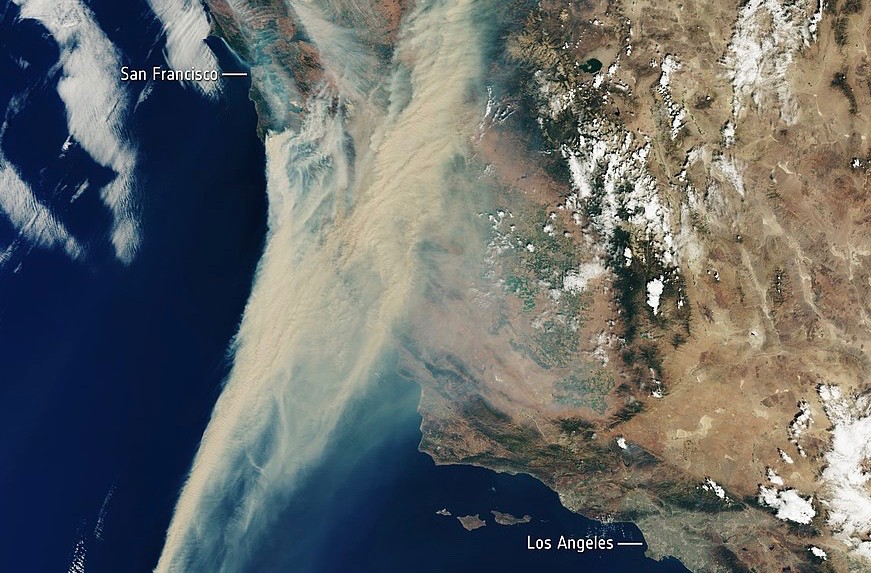We’re pleased to welcome Lamont-Doherty Earth Observatory scientists Suzana Camargo and Billy D’Andrea to our internal advisory board. Their expertise and enthusiasm will help advance our mission and expand our impact, and we look forward to their guidance in the coming years.
We're supporting two Lamont initiatives devoted to increasing the number of underrepresented scientists in our workforce. The Seminar Diversity Speaker Series increases diversity and inclusion in campus seminars. And for 15 years, the Secondary School Field Research Program has brought high school and undergraduate students, and teachers to the Lamont campus to gain hands-on research experience.
Park Williams, a fire scientist and a 2016 Climate and Life Fellow, spoke with The New York Times about the recent, disastrous wildfire seasons in the West, saying that climate change figures prominently. “Behind the scenes of all of this, you’ve got temperatures that are about two to three degrees Fahrenheit warmer now than they would’ve been without global warming,” he said.
And in the late 21st century, climate change will intensify the winds that steer hurricanes north over Texas, increasing the odds for fast-moving storms like 2008’s Hurricane Ike, says new research co-authored by Chia-Ying Lee, a 2017 Fellow.
A lack of data makes it hard to know how bad air pollution is in Africa. Atmospheric scientist Dan Westervelt, one of our 2019 Fellows, told The Economist: “Many governments are simply worried that better data will lead to more criticism of them."
Westervelt recently received $2 million from the National Science Foundation for a project called AccelNET. The endeavor will support air pollution monitoring efforts in data-sparse areas worldwide, particularly in Africa, by establishing an international network of sensors and scientists.
GreenDrill, a massive new National Science Foundation project involving a team of Lamont-Doherty scientists, is a vital and exciting first step toward uncovering how the Greenland Ice Sheet will behave and respond to a warmer world. The project leadership team includes 2017 Fellows Joerg Schaefer and Gisela Winckler, who used their Center funding for additional data analyses and to further develop the project with their collaborators, activities they say were crucial to the success of the NSF proposal.
A new South American Drought Atlas reveals that unprecedented widespread, intense droughts and unusually wet periods have been on the rise since the mid-20th century. The atlas was co-authored by Ed Cook, another one of our 2017 Fellows.

